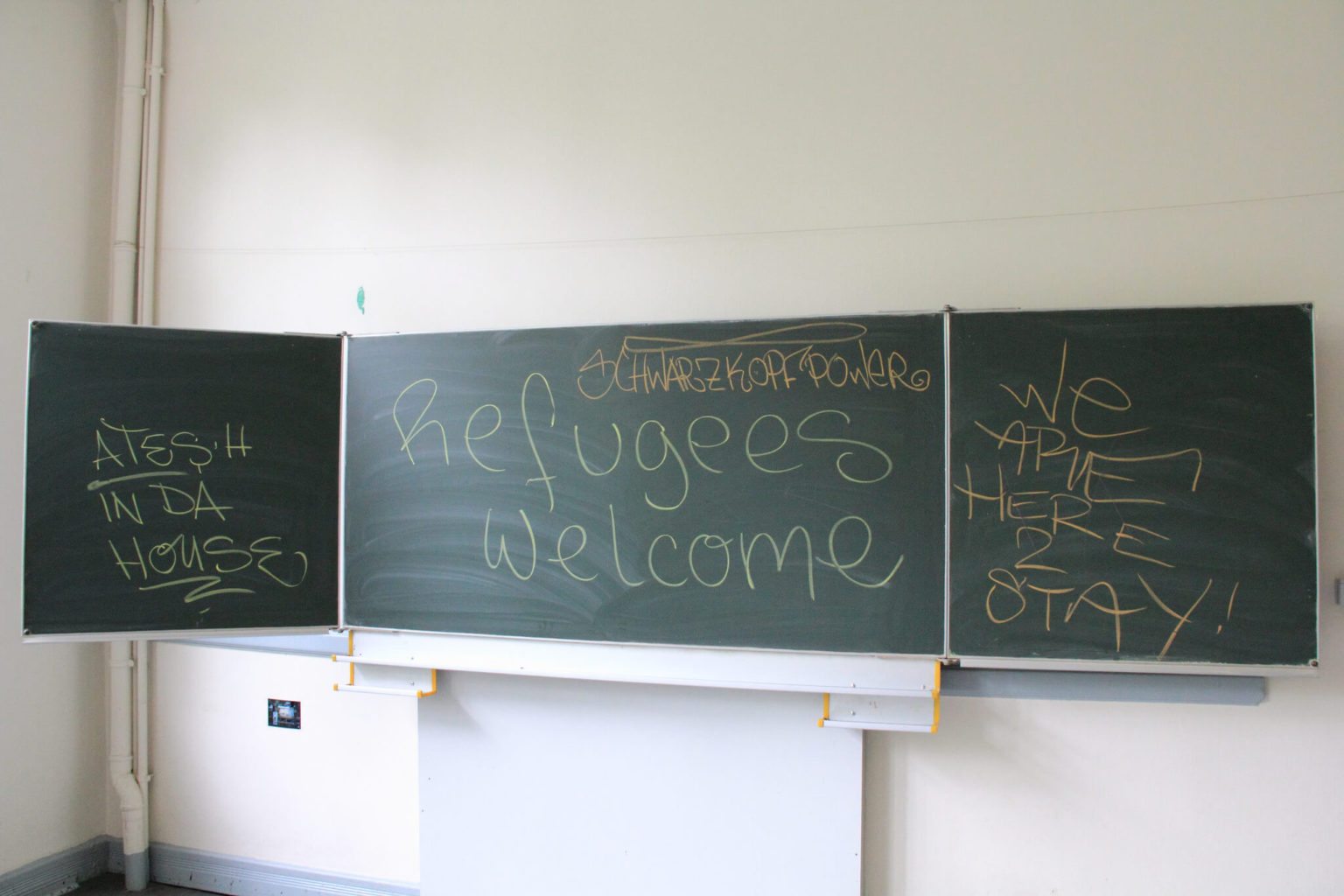The role of universities in helping refugees
Universities in the UK should aim to provide targeted support for refugee students rather than individual scholarship programs, according to a new report.
The Syrian refugee crisis has sparked the argument that universities play a pivotal role in aiding refugees as student organisations always respond quickly to changing social needs.
Since summer 2015, students have hugely supported refugees by collecting food and clothing, participating in solidarity marches and petitions and backing the #refugeeswelcome social media campaign. The National Union of Students (NUS) passed a motion on 10 September 2015 to support a number of these movements.
Warwick is one of the many universities in the country that is beginning to develop scholarship programmes. Ten scholarships were given to refugee students this academic year while another ten will be offered next year.
Universities have launched these scholarship and bursary programs in response to the petition started by Citizens UK and the Campaign for the Public University which stated: “the time is right for a sector-wide response and a public commitment.”
The report argues that any refugee group will comprise a large proportion of skilled and educated university students who will actually give more to the UK than they receive.
Historically, refugees that have fled from crises such as Nazism in the 1930s, Hungary in 1956 and Chile in 1973 have contributed immensely to Britain’s economy, culture, science and the arts.
Such schemes will be beneficial to students here as well. Research has shown that many friendships made between UK students and migrant students have sustained over decades.
There are some concerns that refugee students will simply move on to other countries once their education is complete. However, often the refugee students will return to their home country and be able to hugely benefit that country socially and economically.
Manon Lepretre, a first year Modern Languages student, says: “It’s not a clear-cut argument. It’s our natural instinct to want to help people, yet why is there so much resistance to the idea?”

Comments